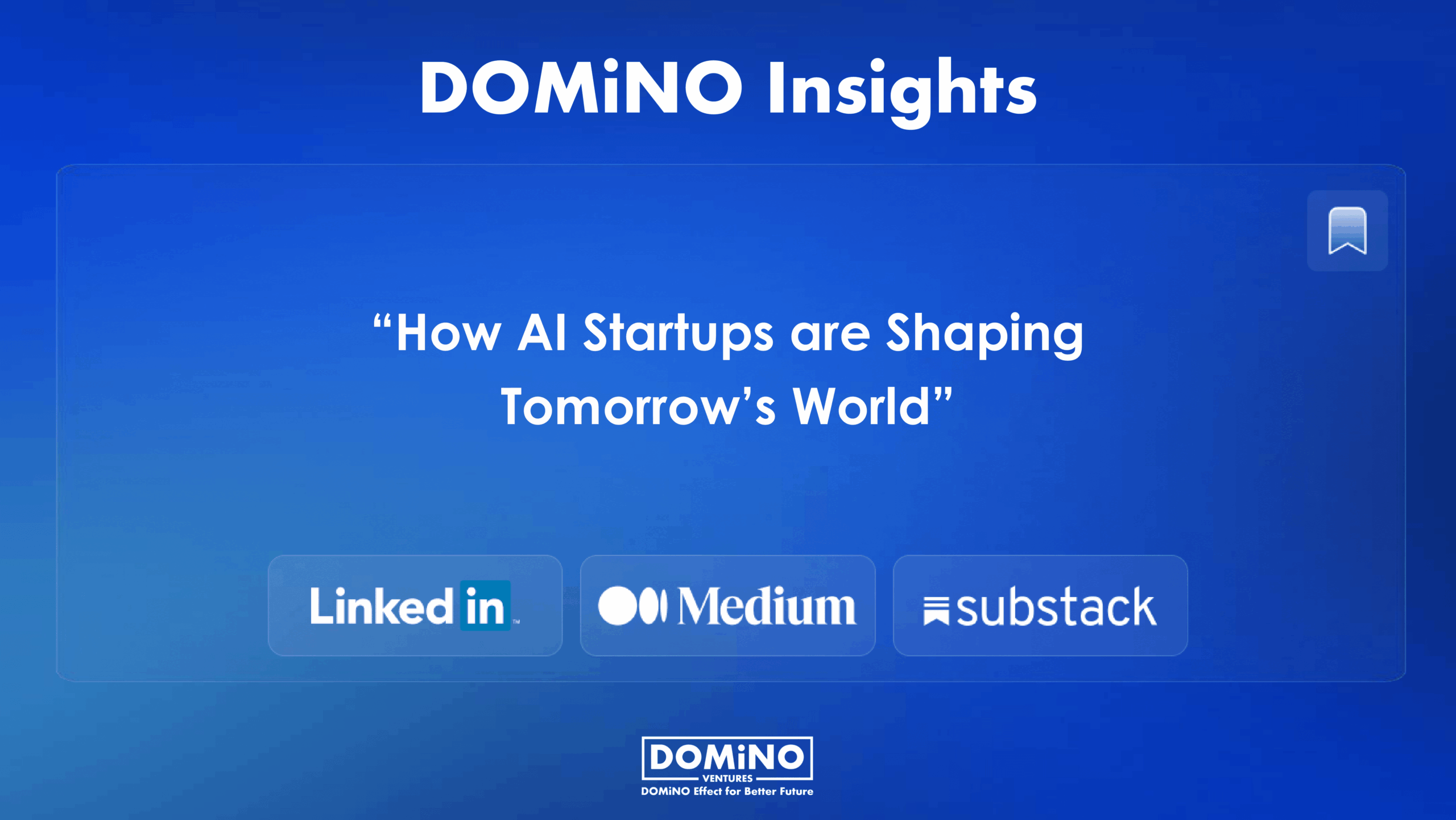How AI Startups Are Shaping Tomorrow’s World


How AI Startups Are Shaping Tomorrow’s World
Artificial Intelligence (AI) is rapidly transforming the global economy, disrupting industries, and redefining the way we live and work. At the heart of this revolution are AI startups—small, agile companies leveraging cutting-edge technology to solve complex problems, enhance productivity, and drive innovation. These startups are not only shaping the future of AI but also influencing key sectors such as healthcare, finance, education, and sustainability.
AI is making a profound impact on healthcare, where startups are leveraging machine learning and big data to improve diagnostics, personalize treatment, and enhance patient outcomes. AI-powered platforms can detect diseases like cancer with greater accuracy than traditional methods, reducing the burden on doctors and improving early detection rates. Companies like Tempus and PathAI are using AI to analyze medical data, providing more precise treatment recommendations. Additionally, AI-driven chatbots and virtual assistants are transforming patient care by offering 24/7 support and automating administrative tasks.
The finance industry is also undergoing a major transformation with the rise of AI-driven startups. These companies are enhancing fraud detection, risk assessment, and personalized banking services. AI-powered algorithms can analyze vast amounts of financial data in real-time to identify fraudulent transactions and mitigate risks. Startups like ZestFinance and Upstart are using AI to improve credit scoring models, making financial services more accessible to underbanked populations. Robo-advisors, such as Betterment and Wealthfront, leverage AI to provide automated investment advice, democratizing wealth management for the masses.
Sustainability is another area where AI startups are making a profound impact. As climate change and resource depletion become urgent global issues, AI-driven solutions are being developed to optimize energy use, reduce waste, and promote sustainable practices. Startups like Grid Edge and ClimaCell use AI to enhance energy efficiency and weather forecasting, helping businesses make data-driven environmental decisions. In agriculture, AI-powered precision farming techniques enable farmers to optimize water usage, predict crop yields, and minimize the use of pesticides, reducing the environmental footprint of food production.
The workplace is evolving rapidly due to AI-driven automation, and startups are at the forefront of this shift. From chatbots handling customer service inquiries to AI-powered recruitment tools that match candidates with job openings, AI is streamlining business operations. Companies like HireVue and Pymetrics use AI to assess job applicants based on cognitive and emotional traits, reducing hiring biases and improving workforce diversity. Furthermore, AI-driven automation tools are increasing efficiency in industries such as manufacturing, logistics, and retail, allowing businesses to focus on higher-value tasks
While AI startups are driving innovation, they also face challenges and ethical concerns. Issues such as data privacy, algorithmic bias, and the potential displacement of human workers must be addressed to ensure responsible AI development. Startups must prioritize transparency, fairness, and ethical AI practices to build trust with users and regulators. Governments and industry leaders are working towards establishing policies and frameworks that balance innovation with ethical considerations.
AI startups are playing a crucial role in shaping the future, revolutionizing industries, and improving lives. From healthcare to finance, education, sustainability, and beyond, these companies are leveraging AI to solve some of the world’s most pressing challenges. While the road ahead presents obstacles, the potential for AI-driven innovation is limitless. The next wave of AI breakthroughs may very well come from today’s small but ambitious startups, proving that innovation knows no bounds.
Clarity. Ambition. Precision. Respect. Impact.
At DOMiNO, our mission is to back bold founders and create the DOMiNO Effect for Better Future. These five values guide everything we do from how we choose our partners to how we show up for them. They reflect who we are, what we stand for, and how we build together.
Bold Moves Shift The Future
We back high-tech, pure-digital, and first-day global startups led by founders obsessed with finding innovative ways to build a Better Future with the DOMiNO Effect. We support outstanding technology founders from Eastern Europe, Central Asia and the Caucasus to help them realize their global ambitions.
Beyond Sectors. Into Scale
We’re looking for high-tech, pure-digital and first-day global startups and the big brains behind them. It’s not just about the category, it’s about clarity of vision and the courage to scale it fast.
Working on something big? We're all ears.
The best way to reach us is via someone we mutually know. You can always email us directly at apply@dominovc.com
Looking to invest in bold ideas for a Better Future?
The best way to invest with us is through shared vision and bold ambition, if you're ready now, our funds and portfolio are open to those ready to shape the future. Let's invest in it together.














